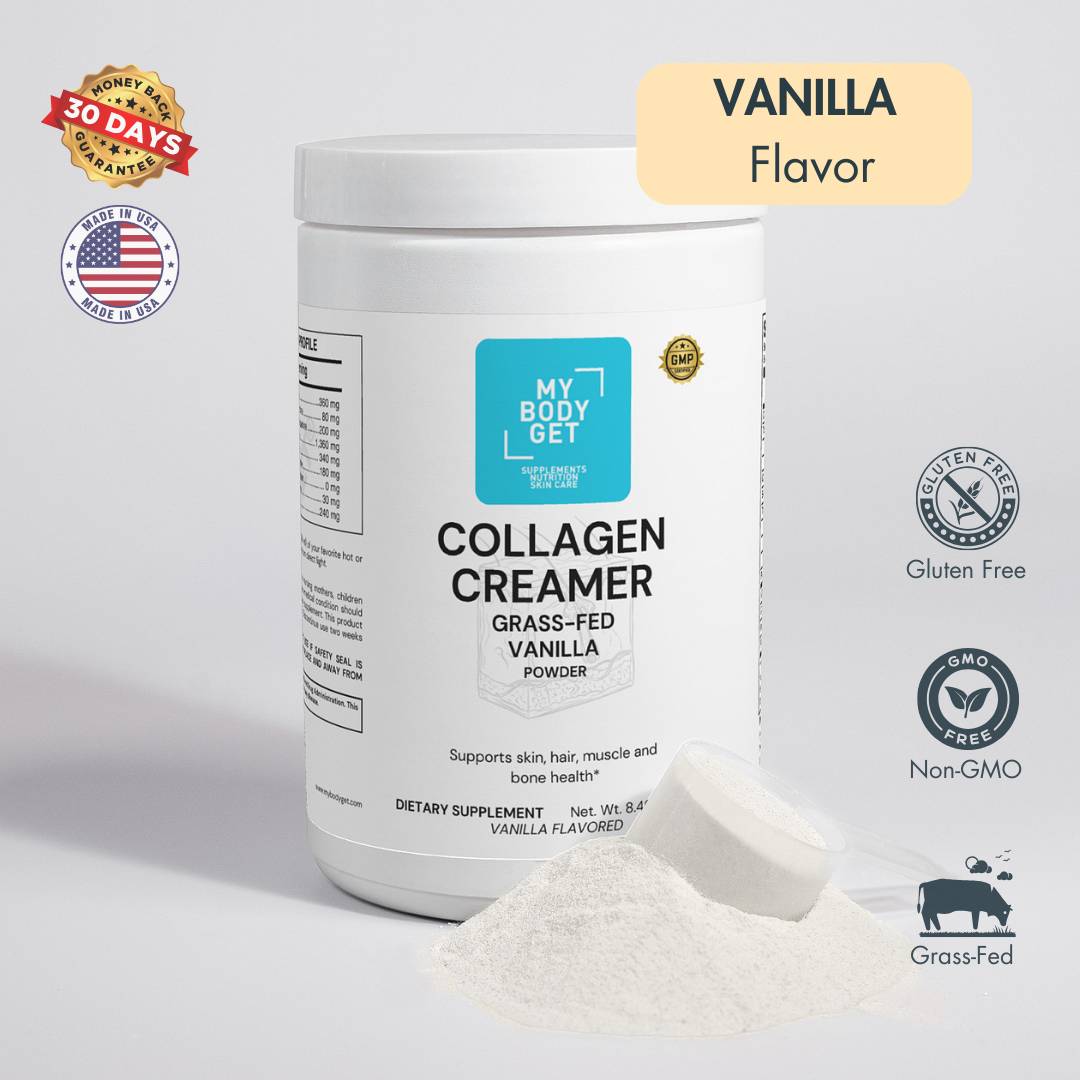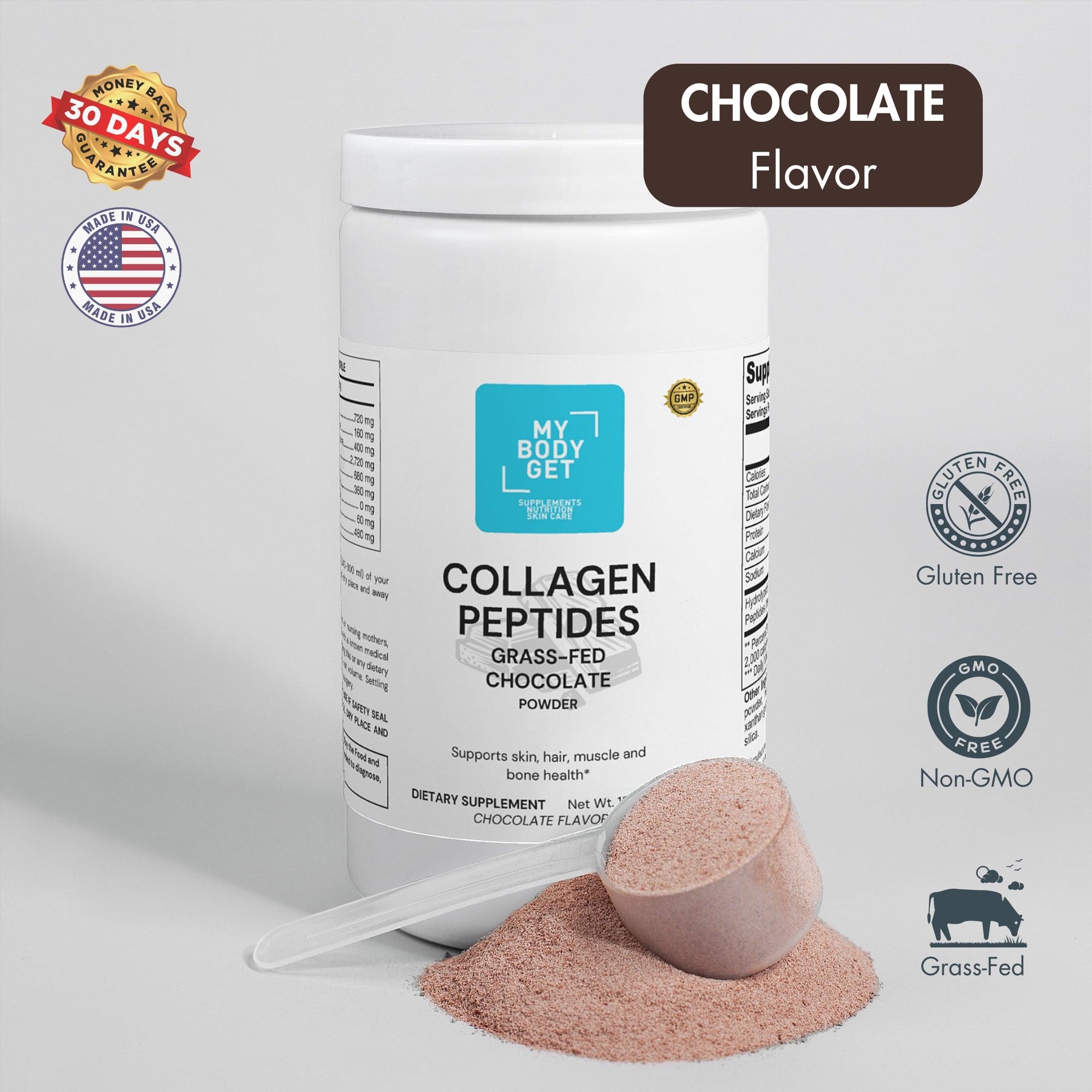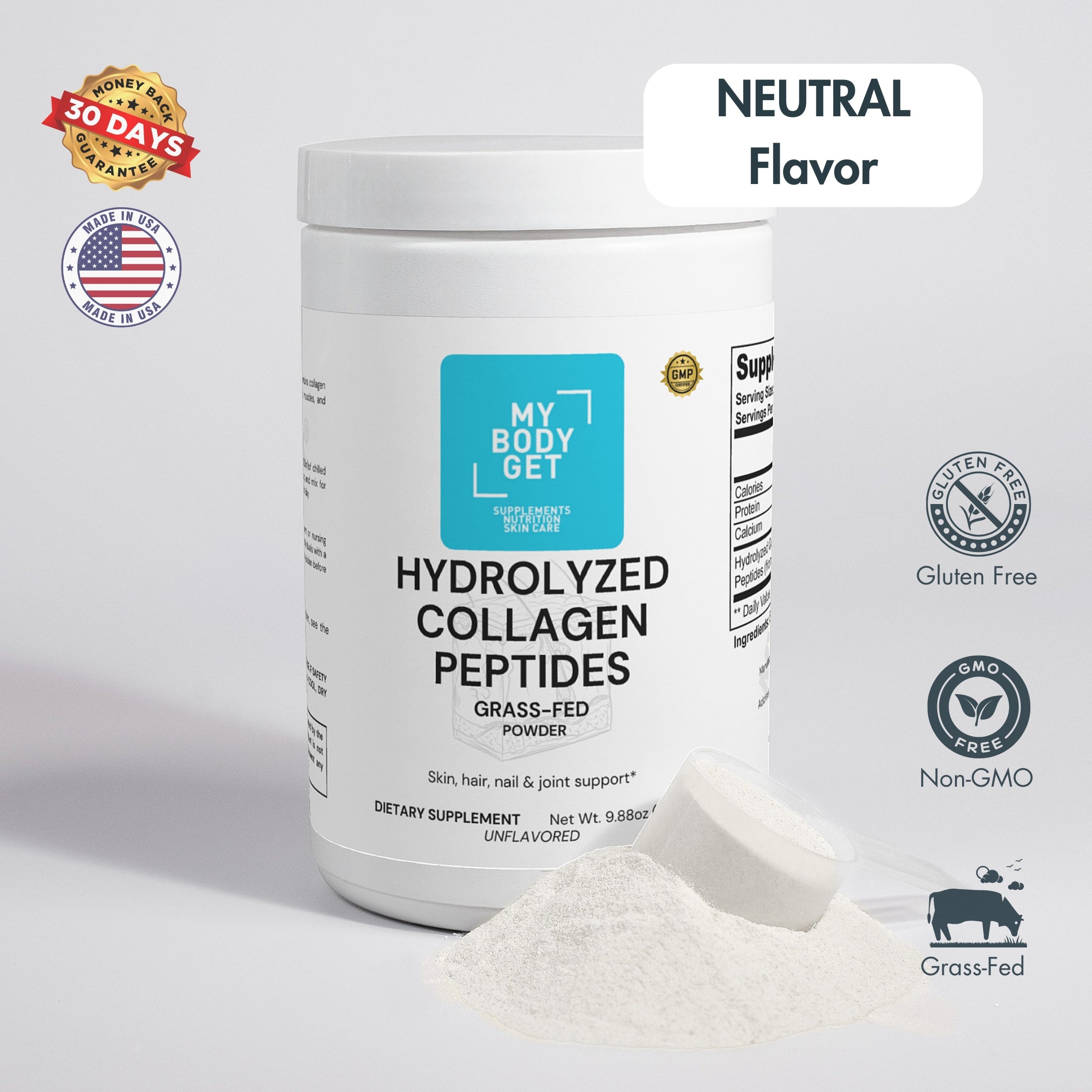In the pursuit of optimal health, understanding the role of essential vitamins and minerals in our bodies is crucial. These nutrients are the building blocks that support countless bodily functions, from immune defense to energy production. However, despite their importance, many people struggle to get the recommended daily amounts of these vital nutrients through diet alone. In this comprehensive guide, we’ll explore the essential vitamins and minerals your body needs, their roles in maintaining health, and the best ways to ensure you’re getting enough of them—whether through food or supplements.
Understanding Essential Vitamins and Minerals
Vitamins and minerals are micronutrients, meaning they are required by the body in small amounts, yet they play a massive role in keeping us healthy. Vitamins are organic compounds that are necessary for various metabolic processes, while minerals are inorganic elements that support a wide range of physiological functions.
These micronutrients can be divided into two main categories:
- Vitamins: Water-soluble (e.g., Vitamin C, B-vitamins) and fat-soluble (e.g., Vitamins A, D, E, K).
- Minerals: Major minerals (e.g., calcium, magnesium) and trace minerals (e.g., iron, zinc).
The Role of Vitamins in the Body
Each vitamin has specific functions in the body, and a deficiency in any one of them can lead to health problems. Here’s a look at some of the most important vitamins and their roles:
-
Vitamin A:
- Role: Essential for vision, immune function, and skin health.
- Sources: Carrots, sweet potatoes, spinach, and liver.
-
Vitamin C:
- Role: Supports the immune system, promotes skin health, and aids in the absorption of iron.
- Sources: Citrus fruits, strawberries, bell peppers, and broccoli.
-
Vitamin D:
- Role: Facilitates calcium absorption, supports bone health, and plays a role in immune regulation.
- Sources: Sunlight, fatty fish, fortified dairy products, and eggs.
-
Vitamin E:
- Role: Acts as an antioxidant, protecting cells from damage and supporting skin health.
- Sources: Nuts, seeds, spinach, and avocado.
-
Vitamin K:
- Role: Essential for blood clotting and bone metabolism.
- Sources: Leafy green vegetables, broccoli, and Brussels sprouts.
-
B-Vitamins (B1, B2, B3, B5, B6, B7, B9, B12):
- Role: Play key roles in energy production, brain function, and red blood cell formation.
- Sources: Whole grains, meat, eggs, dairy products, and legumes.
The Role of Minerals in the Body
Minerals are equally crucial, each serving unique functions that are vital to maintaining health. Here’s a breakdown of some key minerals:
-
Calcium:
- Role: Essential for strong bones and teeth, muscle function, and nerve transmission.
- Sources: Dairy products, leafy greens, tofu, and almonds.
-
Iron:
- Role: Crucial for the production of hemoglobin, which carries oxygen in the blood.
- Sources: Red meat, beans, lentils, and fortified cereals.
-
Magnesium:
- Role: Involved in over 300 biochemical reactions in the body, including energy production and muscle relaxation.
- Sources: Nuts, seeds, whole grains, and dark chocolate.
-
Potassium:
- Role: Helps regulate fluid balance, nerve signals, and muscle contractions.
- Sources: Bananas, potatoes, beans, and spinach.
-
Zinc:
- Role: Supports immune function, wound healing, and DNA synthesis.
- Sources: Meat, shellfish, legumes, and seeds.
-
Iodine:
- Role: Necessary for thyroid hormone production, which regulates metabolism.
- Sources: Iodized salt, seafood, and dairy products.
How to Get Enough Vitamins and Minerals
While a balanced diet is the best way to get the vitamins and minerals your body needs, it’s not always easy to achieve optimal intake through food alone. Here are some strategies to ensure you’re meeting your nutritional needs:
-
Eat a Diverse Diet:
- Incorporate a wide variety of fruits, vegetables, whole grains, lean proteins, and healthy fats into your meals to cover a broad spectrum of nutrients.
-
Focus on Whole Foods:
- Whole foods like fruits, vegetables, nuts, seeds, and whole grains are nutrient-dense and provide a rich source of vitamins and minerals.
-
Consider Fortified Foods:
- Some foods, like cereals and plant-based milk, are fortified with essential vitamins and minerals, helping to bridge nutritional gaps.
-
Supplements:
- When dietary intake is insufficient, supplements can be a convenient way to ensure you’re getting the right nutrients. Multivitamins, specific vitamin or mineral supplements, and fortified foods can help meet your daily requirements. Always consult with a healthcare provider before starting any supplement regimen.
-
Practice Mindful Eating:
- Pay attention to portion sizes and nutrient density. Mindful eating can help you make better food choices and avoid nutrient-poor, processed foods.
Conclusion: Nourishing Your Body for Optimal Health
Vitamins and minerals are fundamental to maintaining a healthy body and mind. By understanding their roles and ensuring you’re getting enough through a balanced diet and, when necessary, supplementation, you can support your body’s natural functions and promote long-term wellness. Remember, the best approach to nutrition is one that is holistic, focusing on whole foods and mindful choices that nourish your body from the inside out.
"Let food be thy medicine and medicine be thy food."
— Hippocrates, Father of Modern Medicine







Leave a comment
This site is protected by hCaptcha and the hCaptcha Privacy Policy and Terms of Service apply.